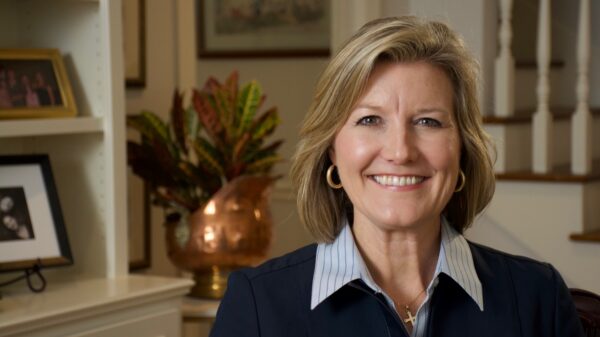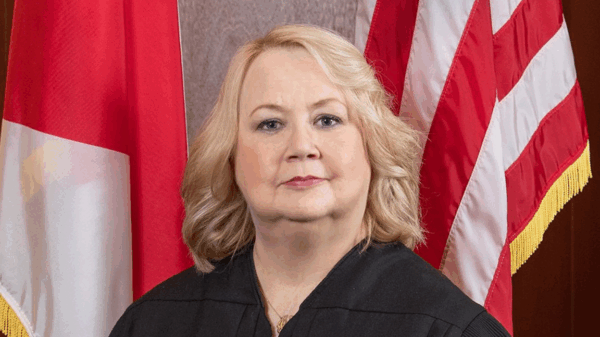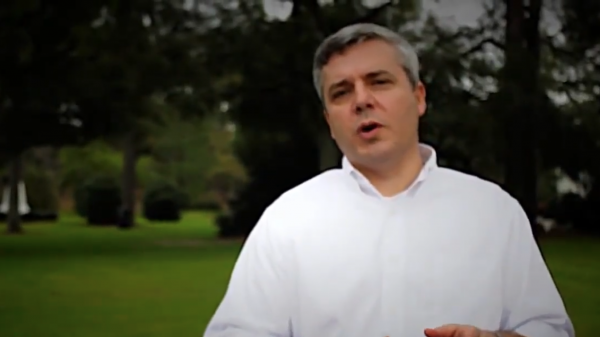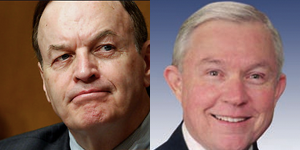By Brandon Moseley
Alabama Political Reporter
U.S. Senators from Alabama Jeff Sessions (R) and Richard Shelby (R) both oppose the bipartisan “doc fix” bill that the Congressional Budget Office says would add nearly $200 billion to the debt in the first decade.
Senator Sessions addressed the Senate, “Not only are we continuing to allow the debt to explode, but we aren’t really being honest with our constituents about it. Before they cast their votes, House members were told this bill ‘pays for all new future spending’ and that it ‘offsets all new spending.’ But this is inaccurate. It’s not true. It adds to the deficit every single year. So we’re going to offer an amendment so that this bill lives up to the promises of the sponsors. A good amendment, a PAYGO amendment… would put us on a path that says you have to pay for this new expenditure.”
Senator Shelby said in a prepared statement, “While I support efforts to provide certainty to doctors who care for Medicare patients and to put an end to short-term legislative patches, I opposed the ‘doc fix’ bill because it increases the debt by $141 billion – plus the interest that will accumulate with this additional deficit spending – over the next 10 years. I have serious concerns with our growing debt and believe that this legislation will only worsen our fiscal outlook. We must make responsible decisions today to avoid placing further debt on the backs of future generations.”
Sen. Sessions is a senior member of the Senate Budget Committee.
Sen. Sessions said, “This is why the American people don’t trust Congress. Some of our members they get their feelings hurt when they go home and some Tea Party person or somebody else accuses them of wasting money and not managing the government well, and they get offended by it. But I’ve got to tell you, the Tea Party is more right than wrong. This is another example of reckless, irresponsible spending.”
Sen. Sessions continued, “Before adjourning for our recess two weeks ago, in the middle of the night, 3:00 a.m., we passed a balanced budget plan and we were proud of it. We went home the last two weeks and told our constituents we’re going to work to accomplish that balanced budget goal, and try to make sure it becomes a reality. But what is the first bill we take up since adopting the balanced budget goal? We’re taking up a bill to dig us $174 billion deeper in debt the first 10 years. The first major legislative accomplishment of our new Congress is going to be adding almost $200 billion to the debt over 10 years and then perhaps $500 billion, or half a trillion, over 20 years. I don’t see how we can look our constituents in the eye and say we’re producing a balanced budget when if this bill passes we don’t have a balanced budget.”
In 2003, Congress began passing short-term measures to temporarily prevent the cuts from happening. Seventeen of these short-term “doc fix” proposals have passed since then. H.R. 2, the Medicare Access and CHIP Reauthorization Act, repeals SGR and replaces it with a new system that hopes to reward doctors for quality care instead of patient volume. The bill also extends funding for both the Children’s Health Insurance Program (CHIP) and community health centers for two years. The bill costs $210 billion over ten years including $70 billion by raising fees on Medicare beneficiaries, including means testing of high-income beneficiaries.
The U.S. National Debt is at $18,187 billion and is expected to quickly pass $20,000 billion. The largest federal expense is Medicare and Medicaid which is costing tax payers $930 billion a year.






















































